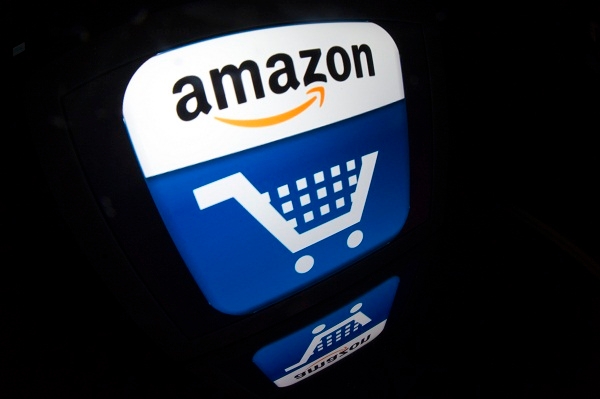I am an idiot. This is something my recent experience with Amazon has taught me.
‘How come we have Amazon Prime?’ my husband asked from time to time, ‘I get it free,’ I told him. ‘But I don’t want to find out how exactly, you know, in case they notice and start charging me.’
May I refer you back to my original statement.
For the avoidance of doubt, one of the world’s biggest companies was not providing me with free benefits out of hidden generosity.
As an Amazon Prime member, you are entitled to things like faster deliveries, inclusive movies and Kindle books for £79 a year or £7.99 a month. I used some of the benefits, but they were very much in the ‘nice-to-have’ category, rather than an essential spend. I had, like many consumers before me, stumbled into a free trial then fallen foul of the annual automatic renewal for a service I would have never actively chosen if I’d had all my wits about me.
To my shame as a financial writer, I’m guilty of failing to scrutinise all my statements and corporate emails (I’m pretty sure I’m not the only one). But Amazon’s determination to keep me paying for Prime is as infuriating as my financial slackness. As the card it had been debiting would have expired by the next auto renew date, Amazon was going to scout around my other cards to secure payment.
Amazon told me: ‘Customers have told us they do not want their Prime service to be interrupted – their music, movies, TV shows, books, photo storage, shipping benefits. So when it comes time to renew their membership, if the card they have on file is expired, we send the customer an email asking them to update their card information and notifying them that we will use a different card that they attached to their account if we can’t charge their default card. Customers are also notified of this when they sign up for membership. Of course, whenever we hear from a customer that there is an issue, we work to address it immediately.’
OK, it would have warned me, but like many others I have the kind of life that prevents me from entering into a state of hyper vigilance whenever I see an email from Amazon. I certainly failed to clock the smaller print at the end of email I dug out from 2015, subject title ‘Your Prime Free Trial Confirmation’, which included the T&Cs of the trial.
Amazon says that customers who join the Prime programme ‘actively decide to sign up’ and the sign-up process is clear and transparent: ‘We explain that free trials automatically convert to a paid membership and that the membership renews automatically; we also describe how customers can choose to cancel or not renew at any time. In addition, we send an email to every customer who enrols in Prime that again summarises this information.’
Of course, I should have taken the time to read the confirmation email all the way to the bitter end, but at that time I was in the centre of a toddler storm, with a two-year-old and a one-year-old, an impending house move and a close family bereavement. Many of us have packed lives making us vulnerable to auto-spending. Rightly or wrongly, we look to companies to avoid practices that might funnel us towards financial decisions we wouldn’t make if were 100 per cent alert to their intentions.
I agree that Amazon’s T&Cs are expressed in plain language, and of course, you can cancel. However, one has to wonder why, to some degree, the company seems to rely on inertia to maintain its Prime member numbers (and also why it would not directly address my question about complaint levels around Prime auto renew).
Citizens’ Advice has been working to address concerns around the continuous payment authorities (CPAs) that enable companies to continue to extract money from our accounts. A 2016 report looked into the problems consumers face with so-called ‘subscription traps’. It found consumers’ awareness of the ins and outs of CPAs is low, and terms and conditions are frequently not clearly and prominently displayed. Key information is often hidden.
And Chancellor Philip Hammond announced a crackdown on subscription traps in this year’s Budget, with measures expected to make terms and conditions shorter and clearer, and fines for those who mistreat customers.
In the meantime, don’t be an idiot like me – despite your doubtlessly full days, if you’re going to click on a free trial, read every word about it. And, of course, try and set some time aside to check your statements or you too could find out the hard way that the free trial costed you dear.
Helen Monks Takhar is a freelance financial writer






Comments